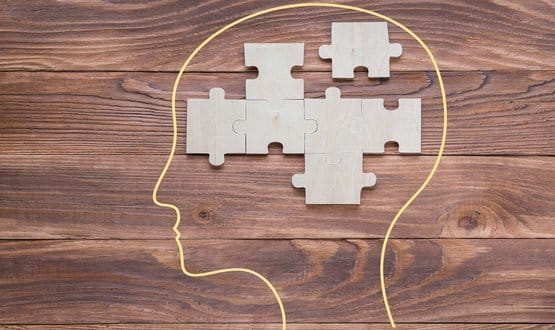A spectrum of data is to be used to develop “fingerprints” of neurodegenerative diseases like Alzheimer’s that can then be detected through wearable technology.
The Early Detection of Neurodegenerative diseases (EDoN) initiative, which has been launched by the charity Alzheimer’s Research UK, aims to secure at least £67m over the first six years, with an ambition to attract up to £100m of total investment by 2030 to build and trial its diagnostic device on a large scale.
Diseases like Alzheimer’s, the most common form of dementia, start to develop in the brain up to two decades before symptoms of dementia begin to show. Researchers worldwide now agree that future treatments and preventions will have greatest benefit when given as early as possible in the disease.
EDoN will see Alzheimer’s Research UK join forces with leading organisations in data science, clinical and neurodegenerative research to collect and analyse clinical and digital health data such as sleep, gait and speech patterns, to develop early digital fingerprints of diseases like Alzheimer’s.
Carol Routledge, director of research at Alzheimer’s Research UK, said: “EDoN aims to harness the growing popularity of digital health technology and big data to revolutionise how we develop early tests for these diseases.
“Developing digital fingerprints that can be detected using phone apps or wearable technologies like smart watches would provide a low-cost approach to identifying those most at risk of disease.
“Identifying the very earliest changes in these diseases would transform research efforts today, giving us the best chance of stopping these diseases before the symptoms of dementia start to get in the way of life.”
In December 2018, the government committed £79m through the Life Sciences Sector Deal 2 to create the Accelerating Detection of Disease cohort, a group of up to five million people to act as a testbed for data-driven discovery.
As a partner on that project, Alzheimer’s Research UK plans to use the cohort to validate technologies emerging from EDoN on a scale that’s not been possible before.
Minister for Care, Caroline Dinenage added: “We want to make this the best country in the world to live well with dementia and early detection and diagnosis is a huge step toward improving the lives of those with the condition. Harnessing cutting-edge technology to spot the early signs of dementia can be used to transform research to improve outcomes and even one day, stop this disease in its tracks.
“This is an incredibly exciting initiative which has the potential to bring together global partners to transform how we treat dementia as well as to live well with it.”

